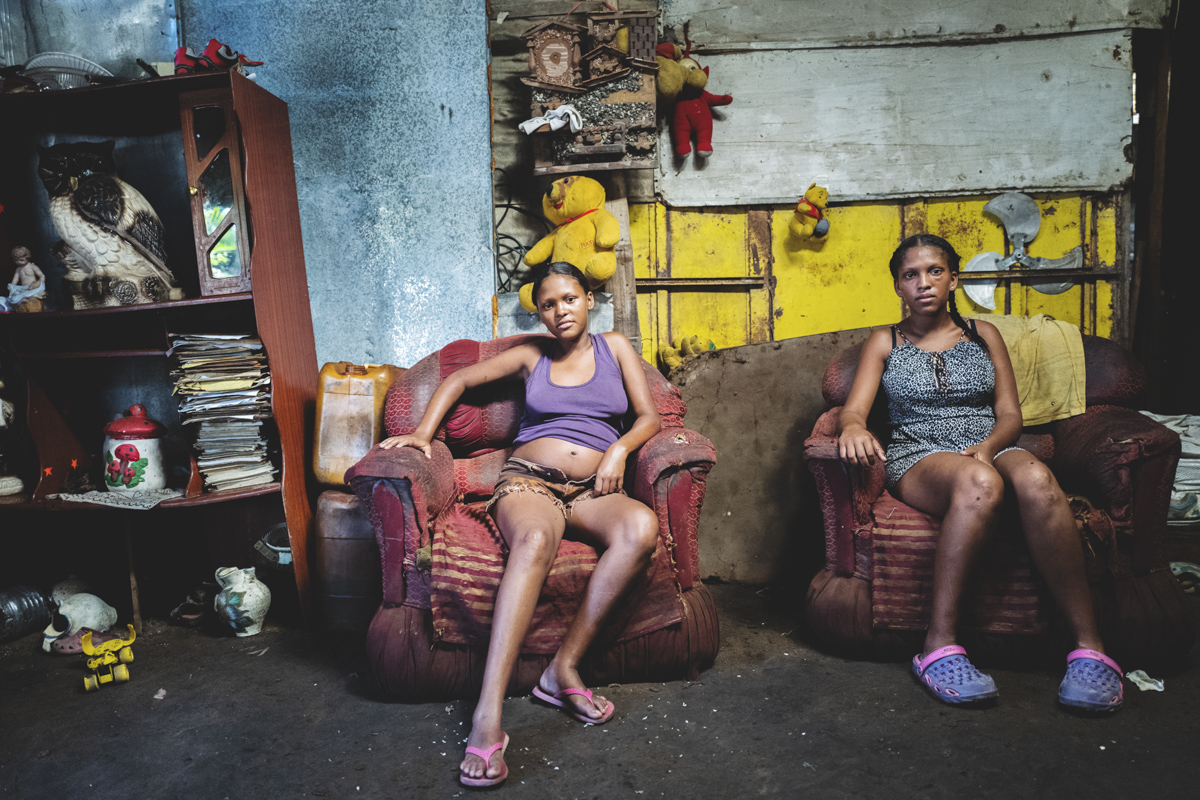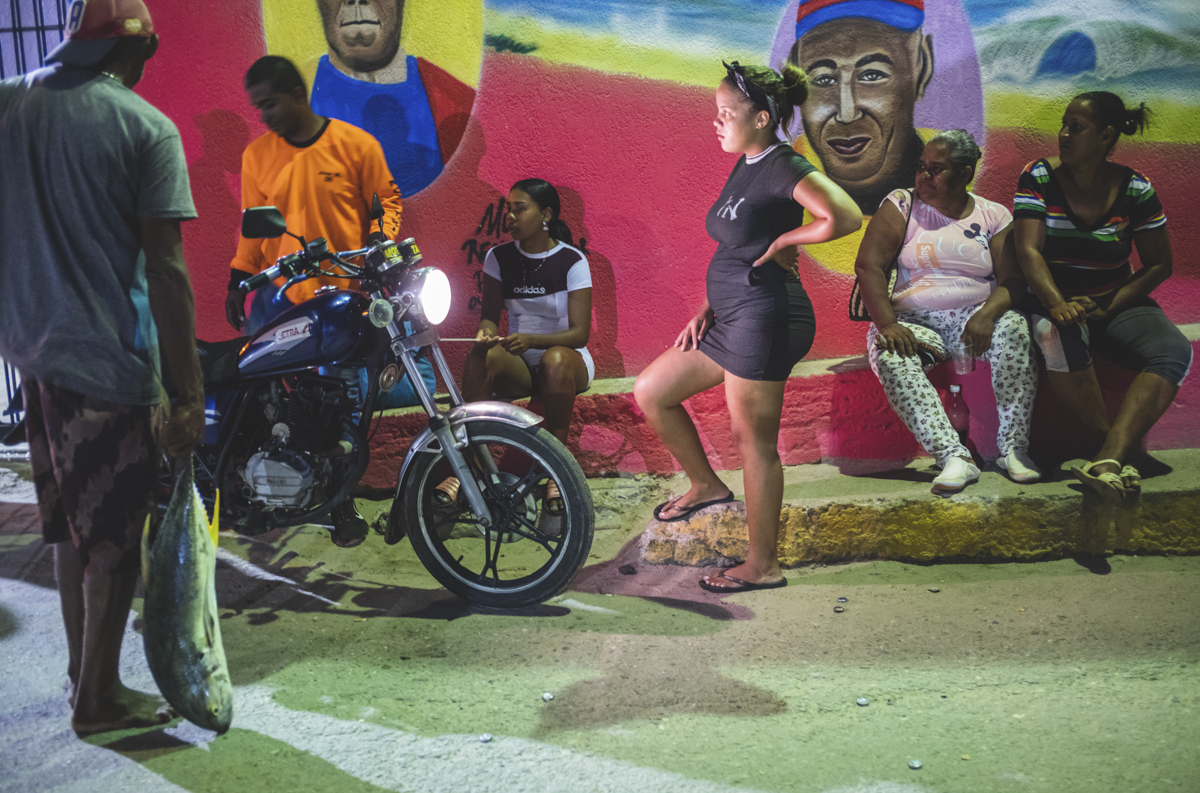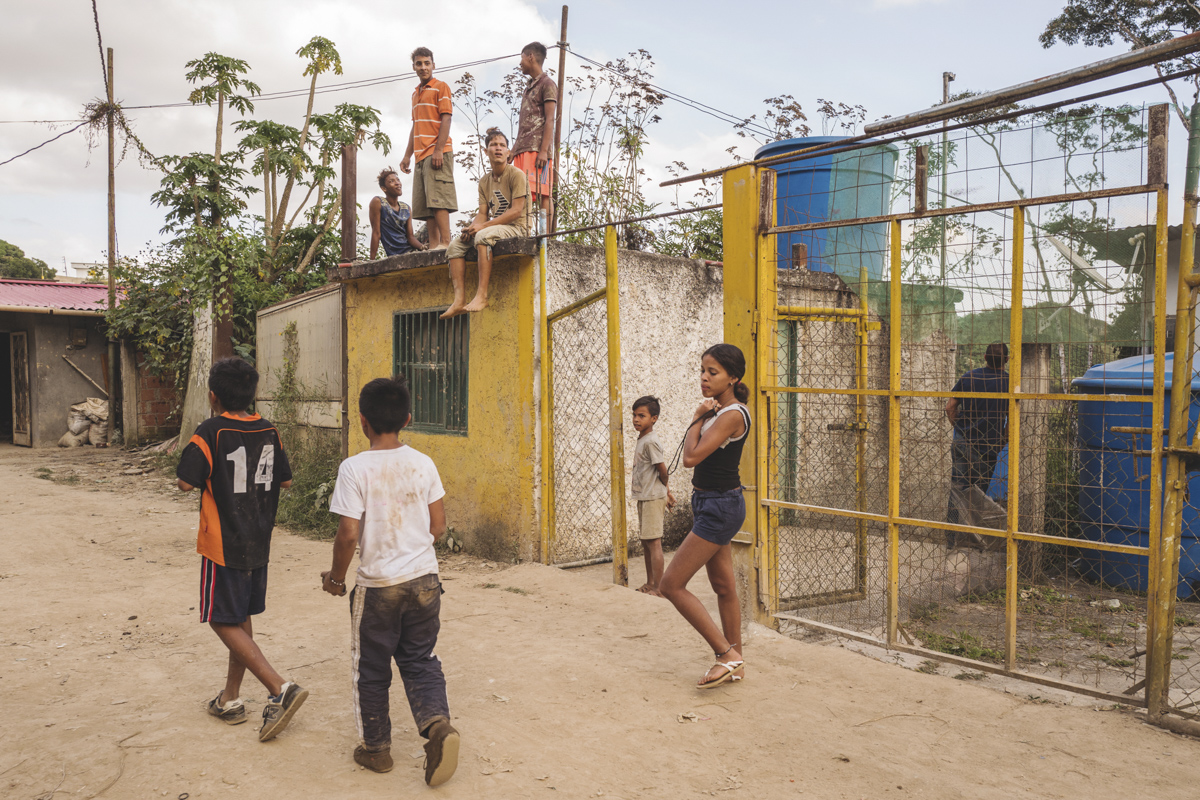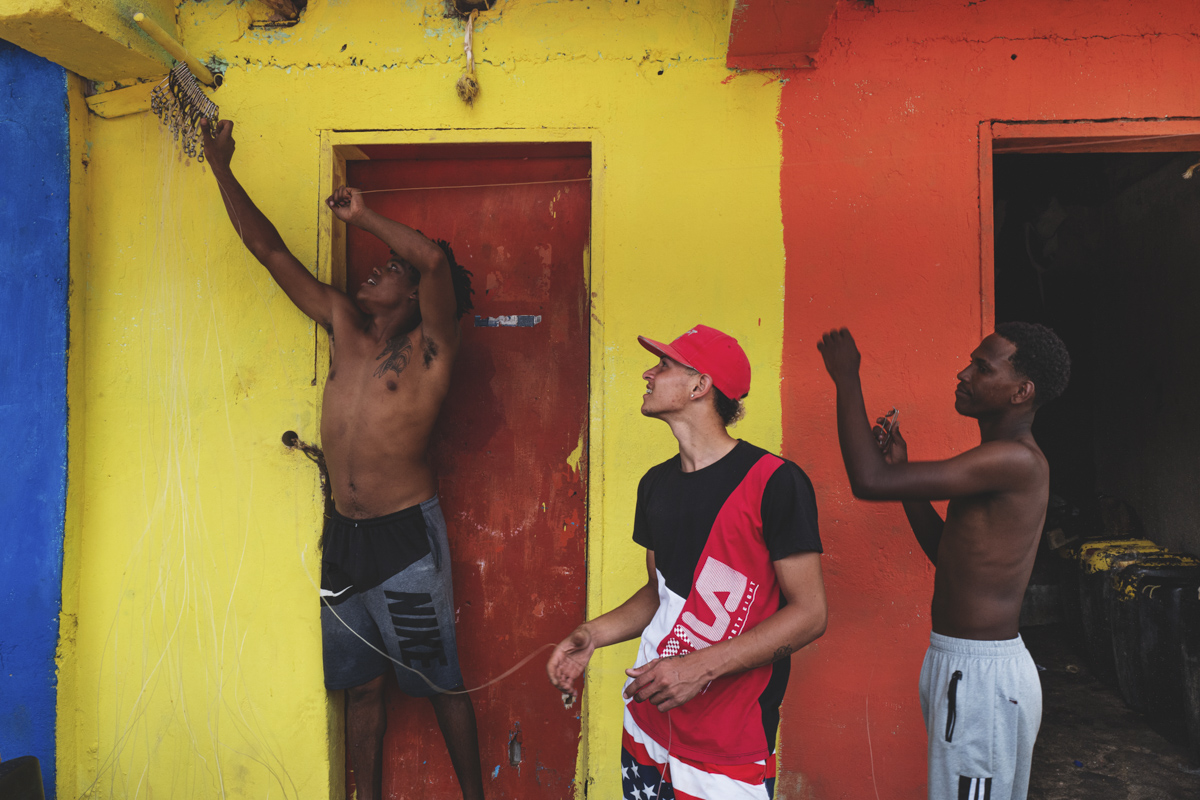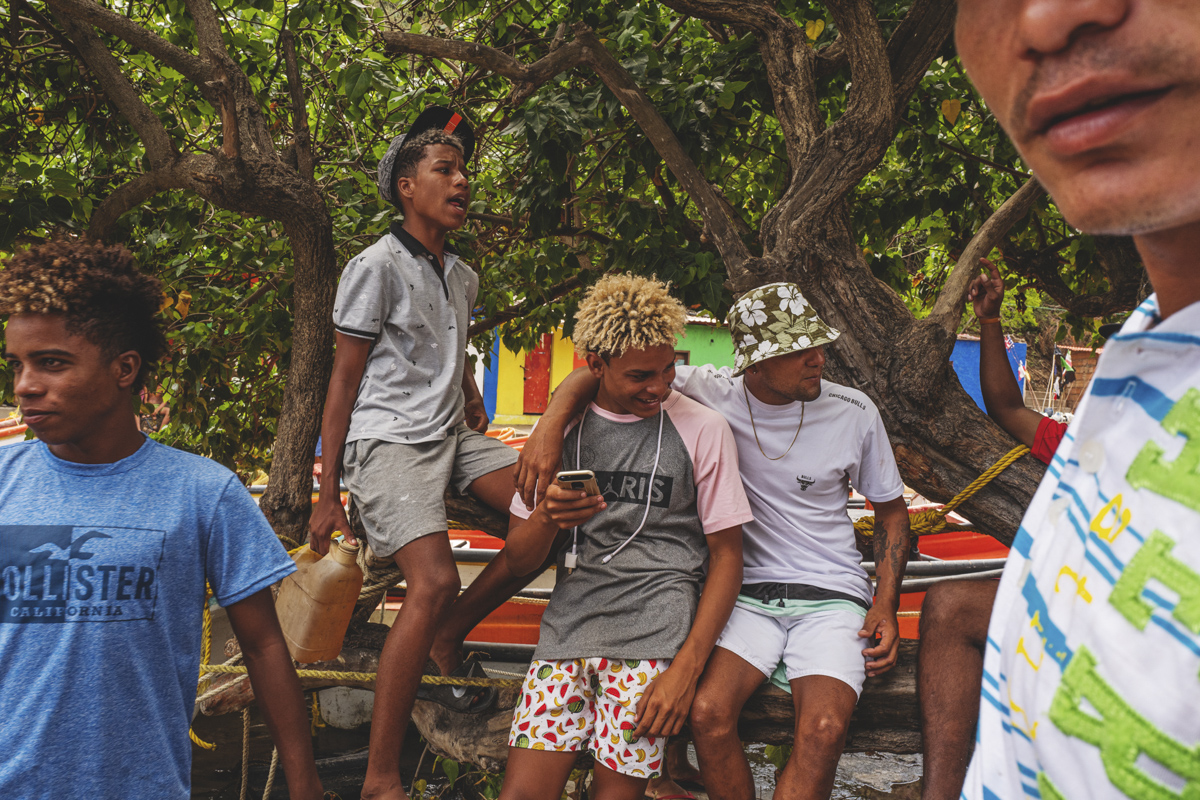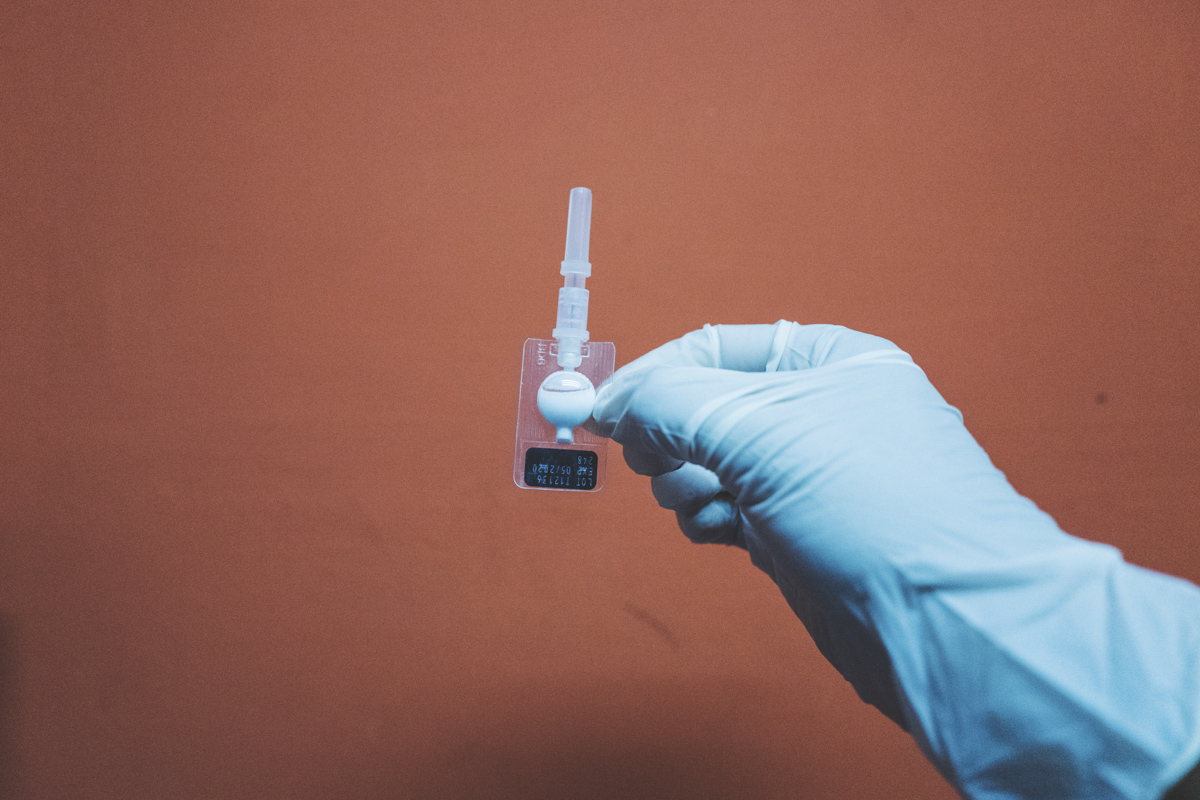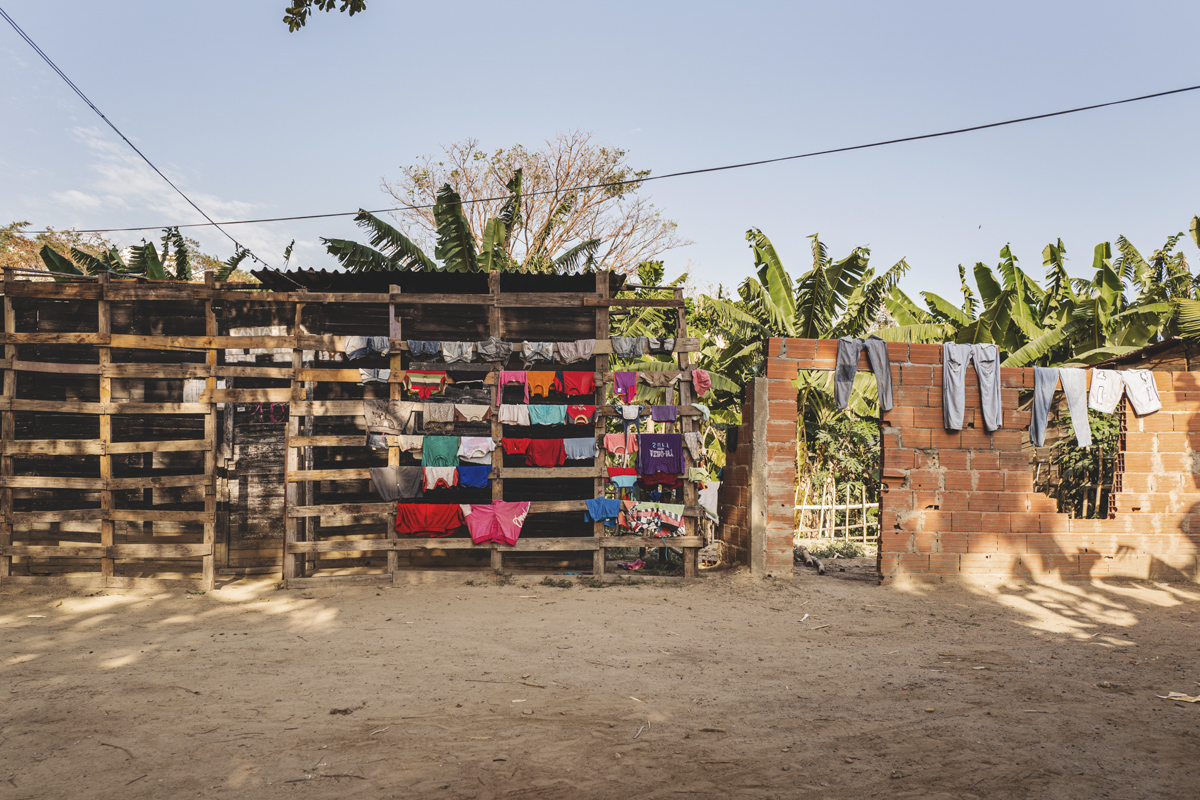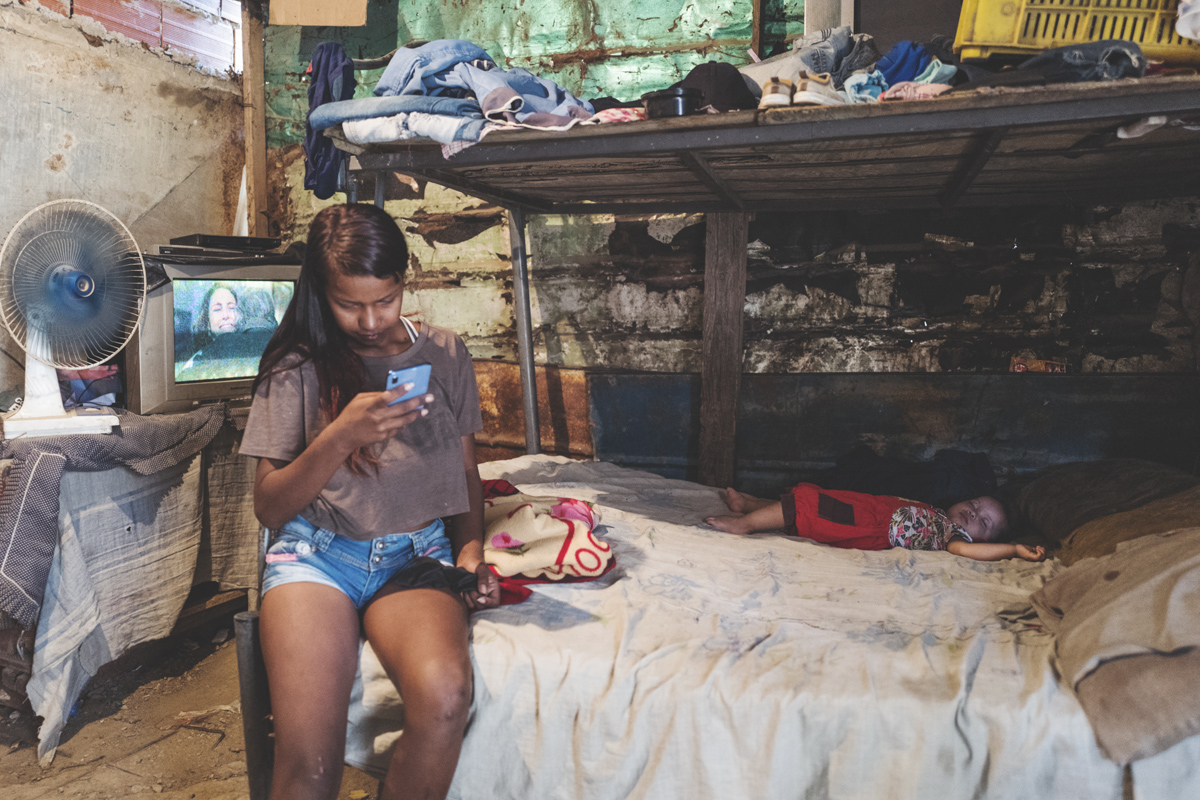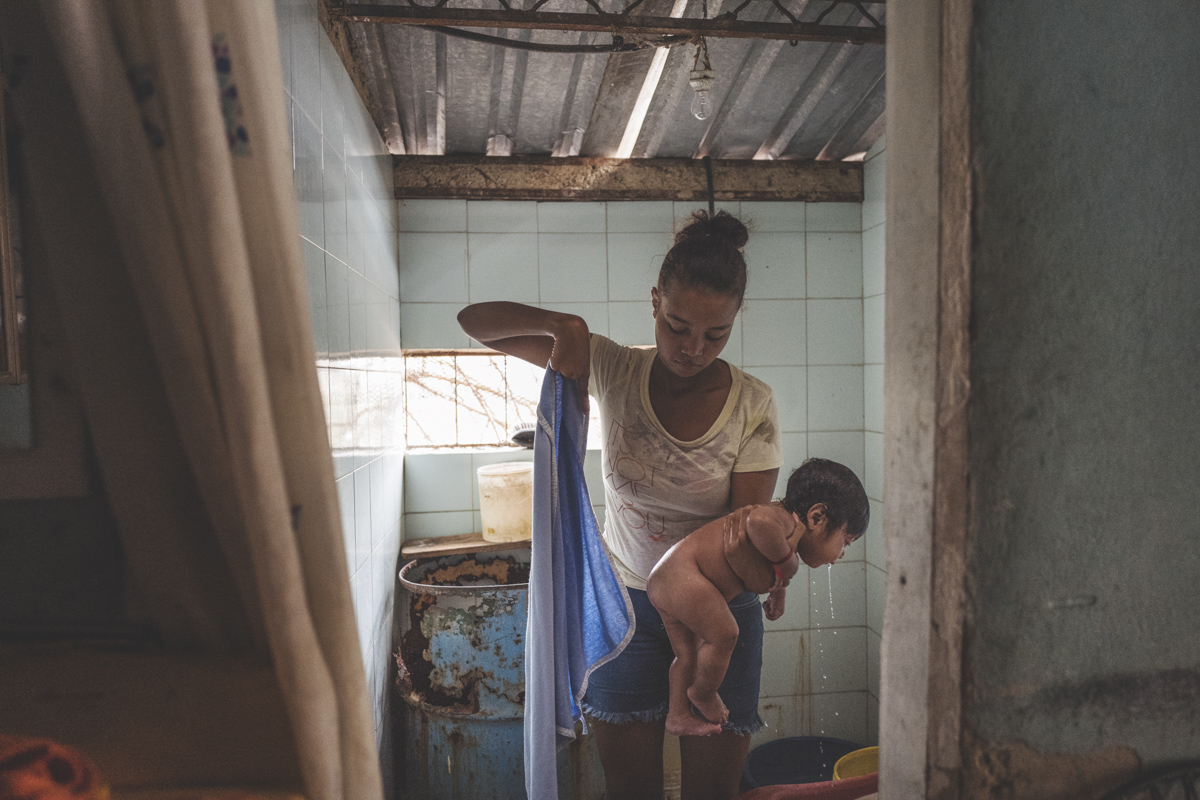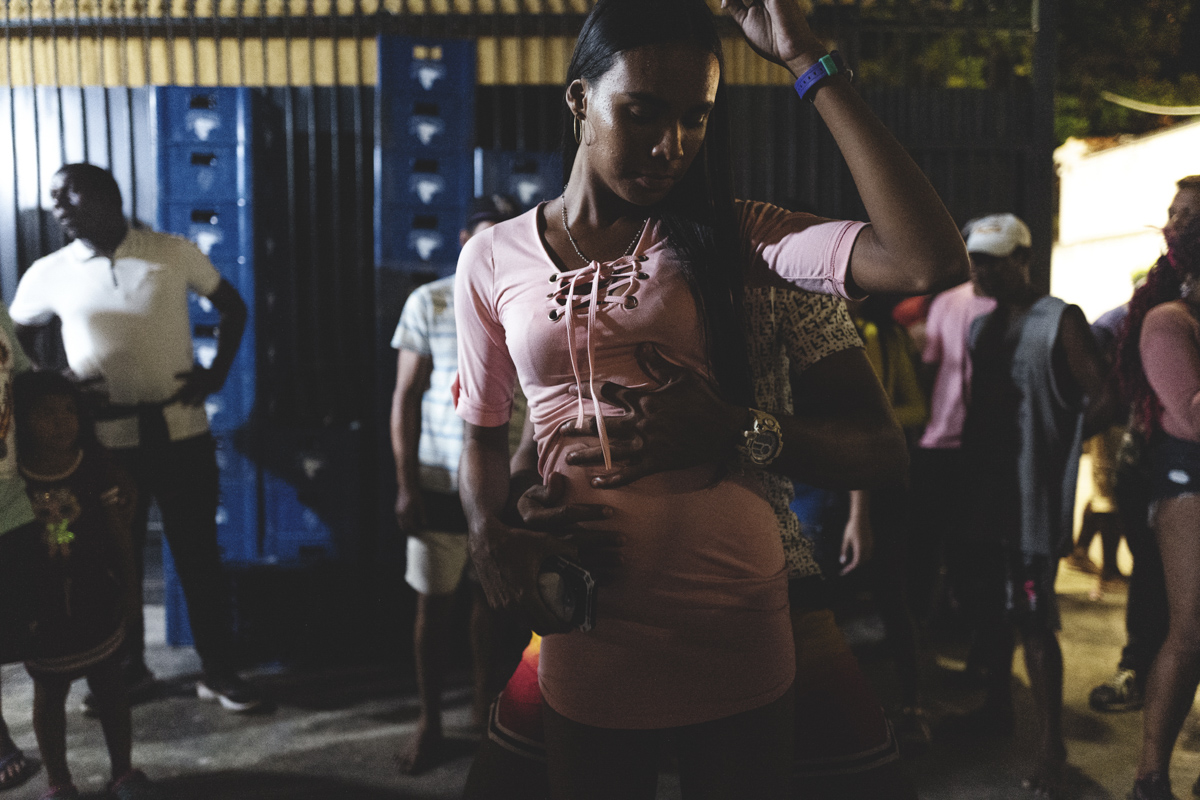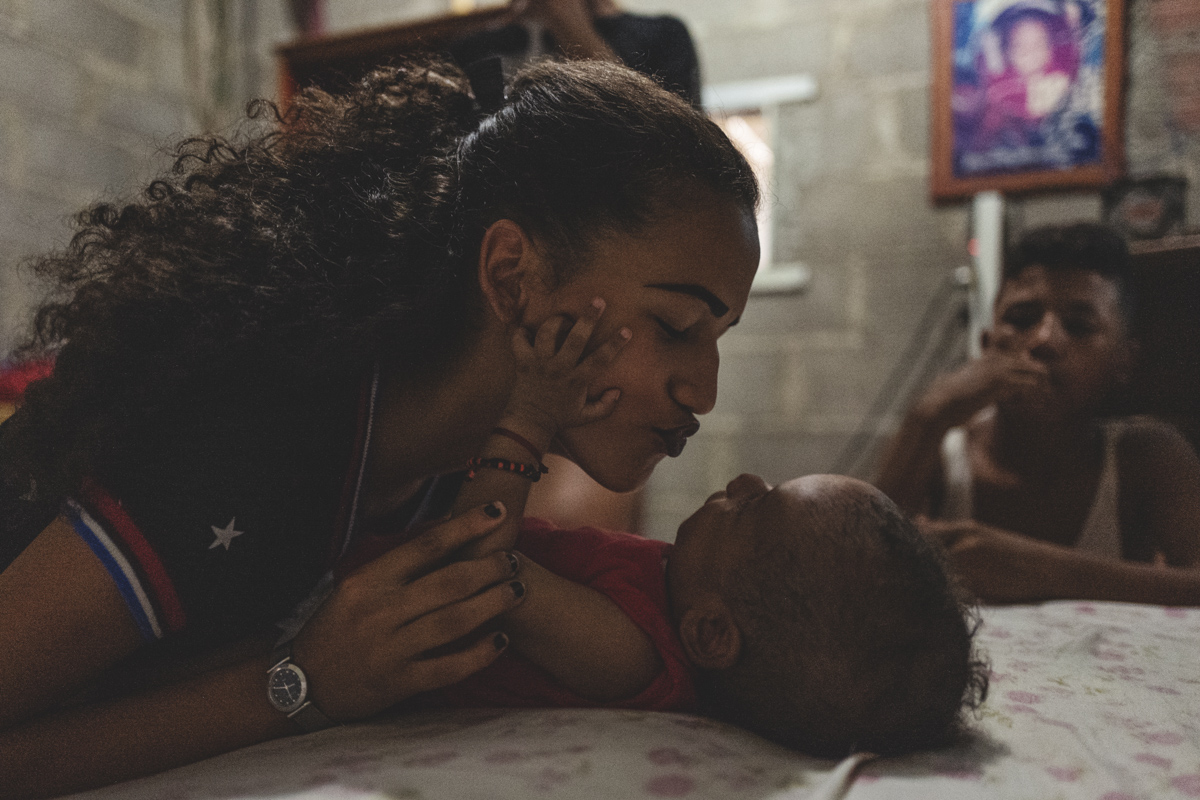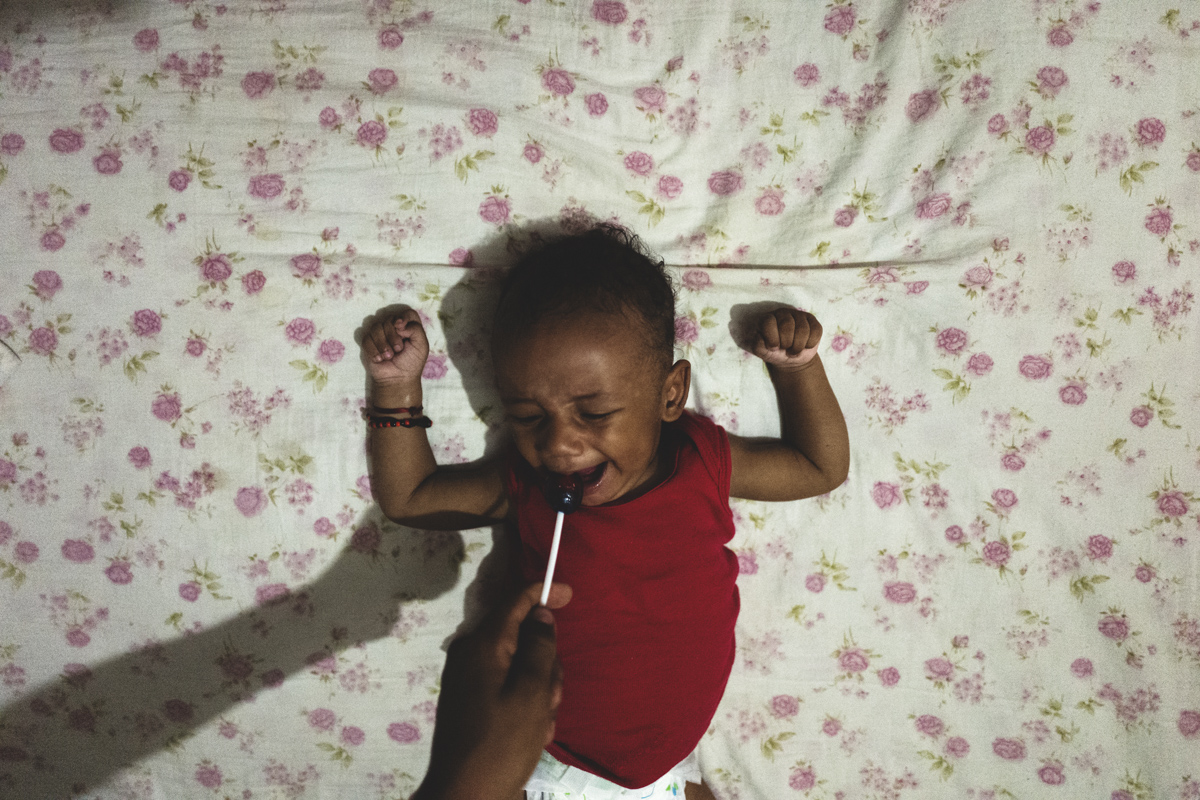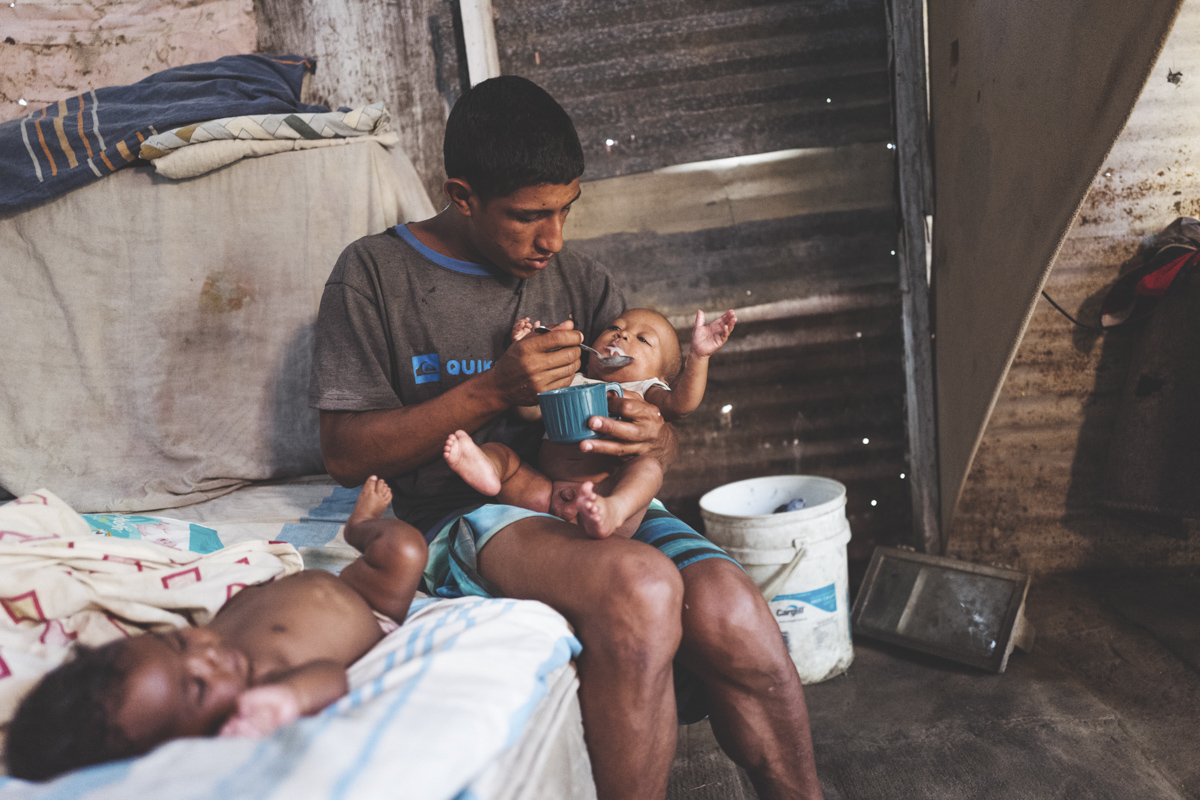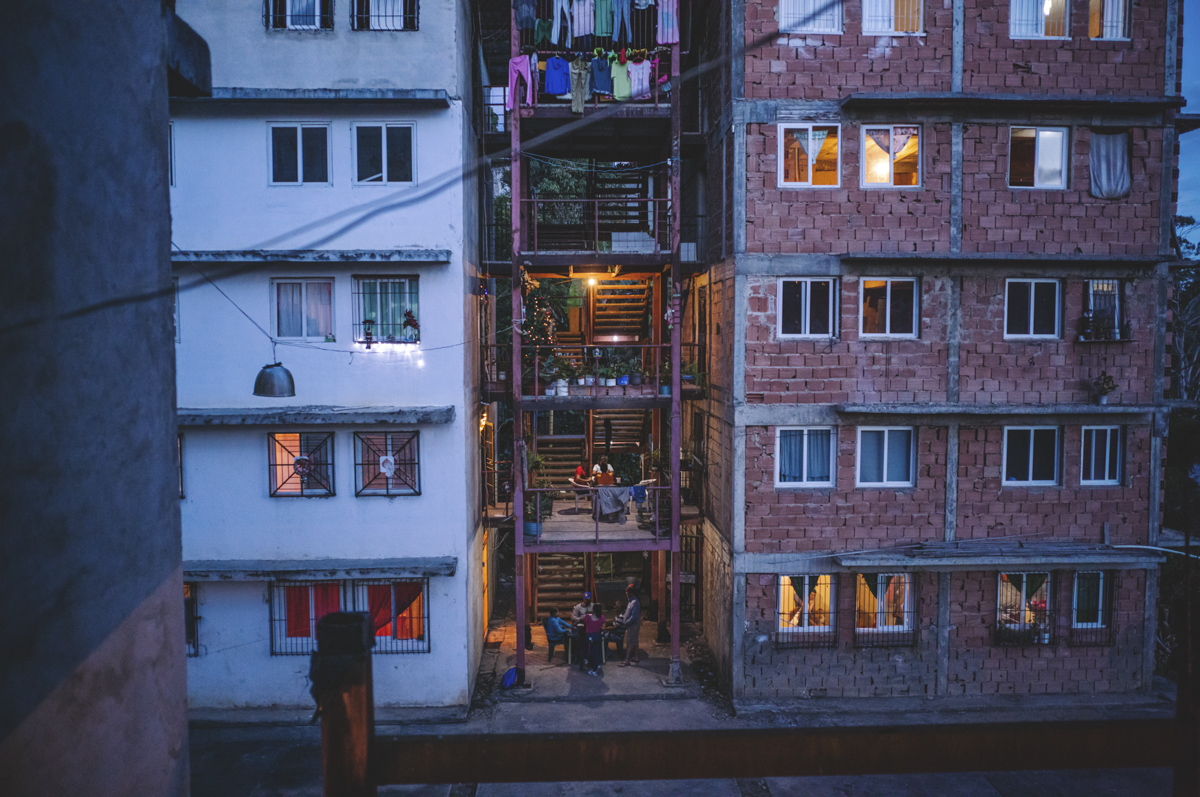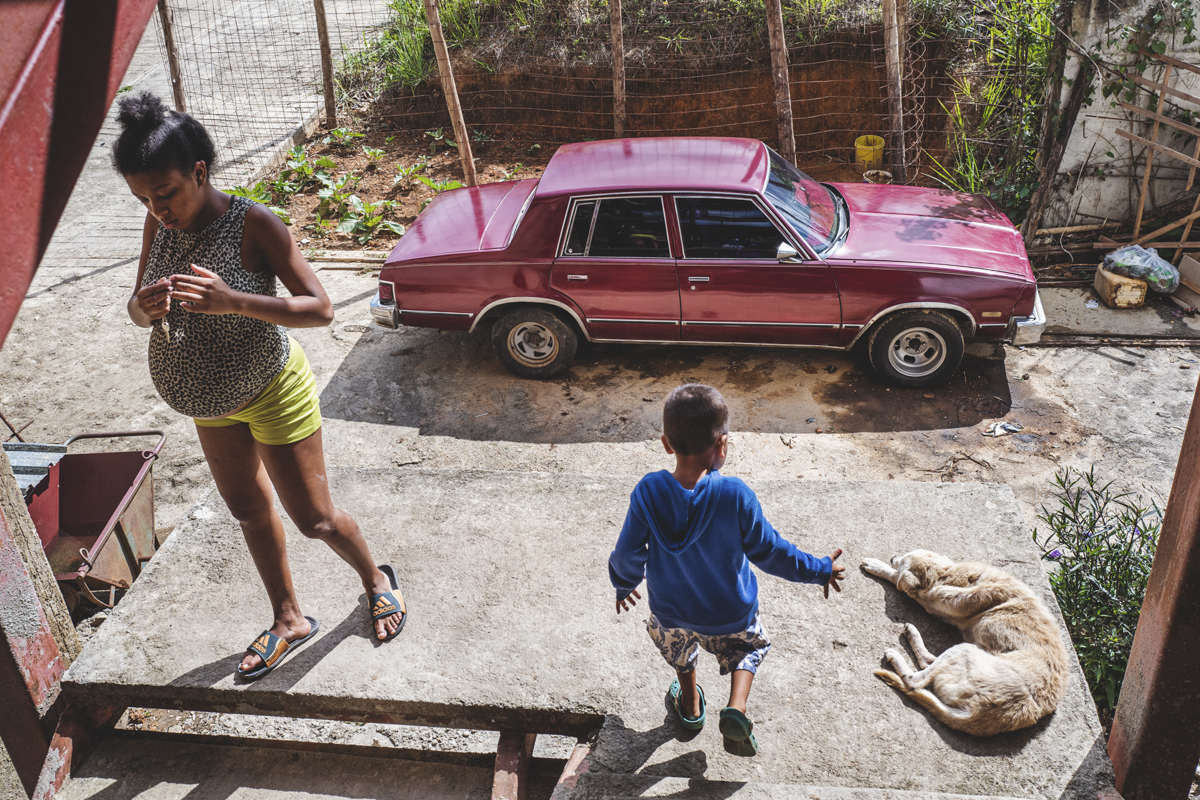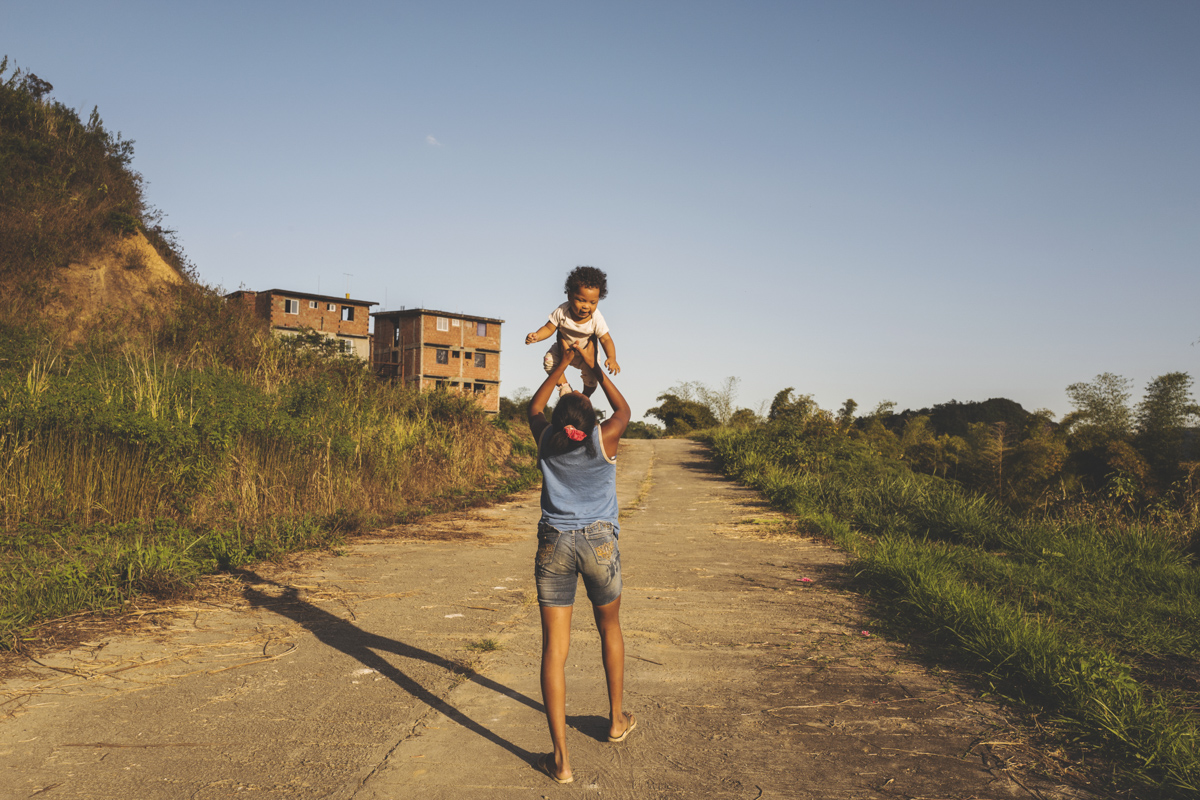All images © Ana María Arévalo Gosen
Ana María Arévalo Gosen, winner of the Marilyn Stafford FotoReportage Award, discusses the realities of young motherhood – and why she hopes to change Venezuela’s abortion laws
Ana María Arévalo Gosen was just 16 years old when she decided to terminate her pregnancy. “Horrifying” and “traumatic” are the words the photographer uses to describe the procedure, which is punishable by up to six years in prison in her native Venezuela. The country’s strict laws, coupled with high maternal death rates and poor access to contraceptives, leave many young women like Gosen with few reproductive choices.
“I was working on another project in this pretrial detention centre in Venezuela, when I realised that a lot of the teenagers detained there were mothers,” Gosen recalls. “The reason they were in prison or detained was that they were accused of robbery, and if you asked them, they would tell you that they were hungry and that they didn’t have a choice but to commit the crime.”
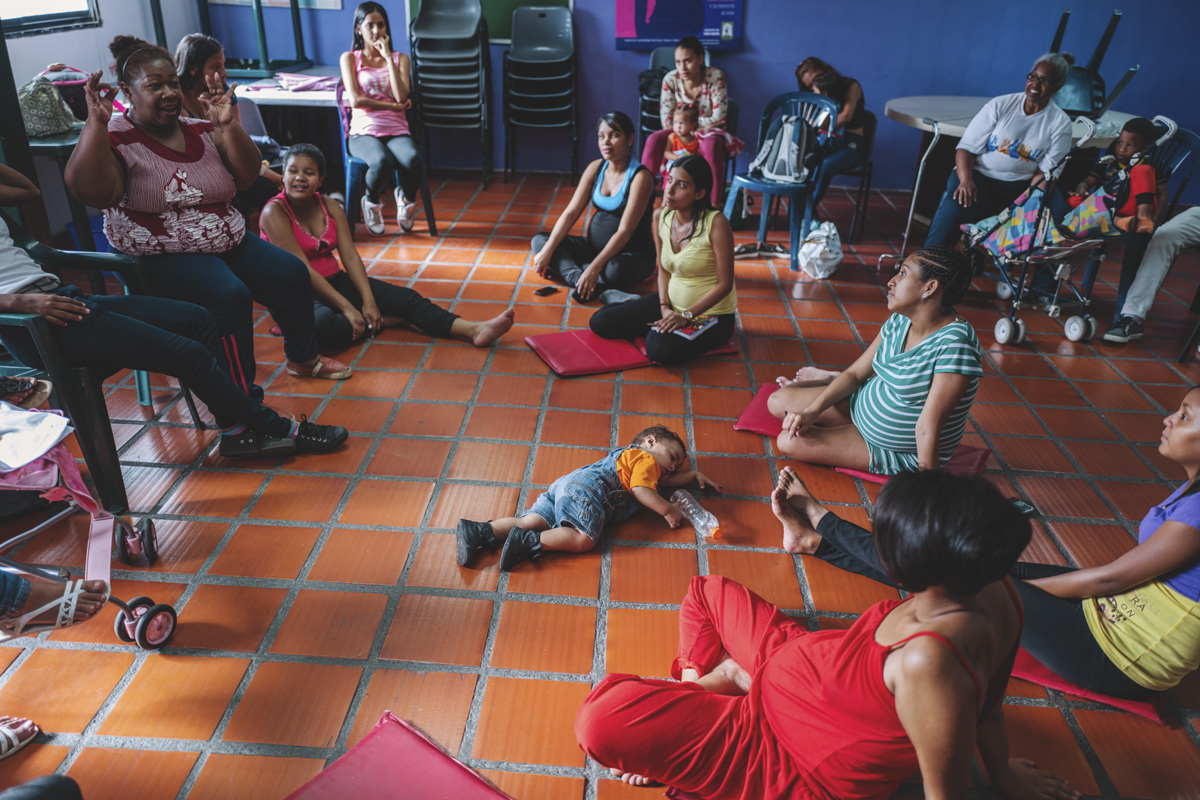
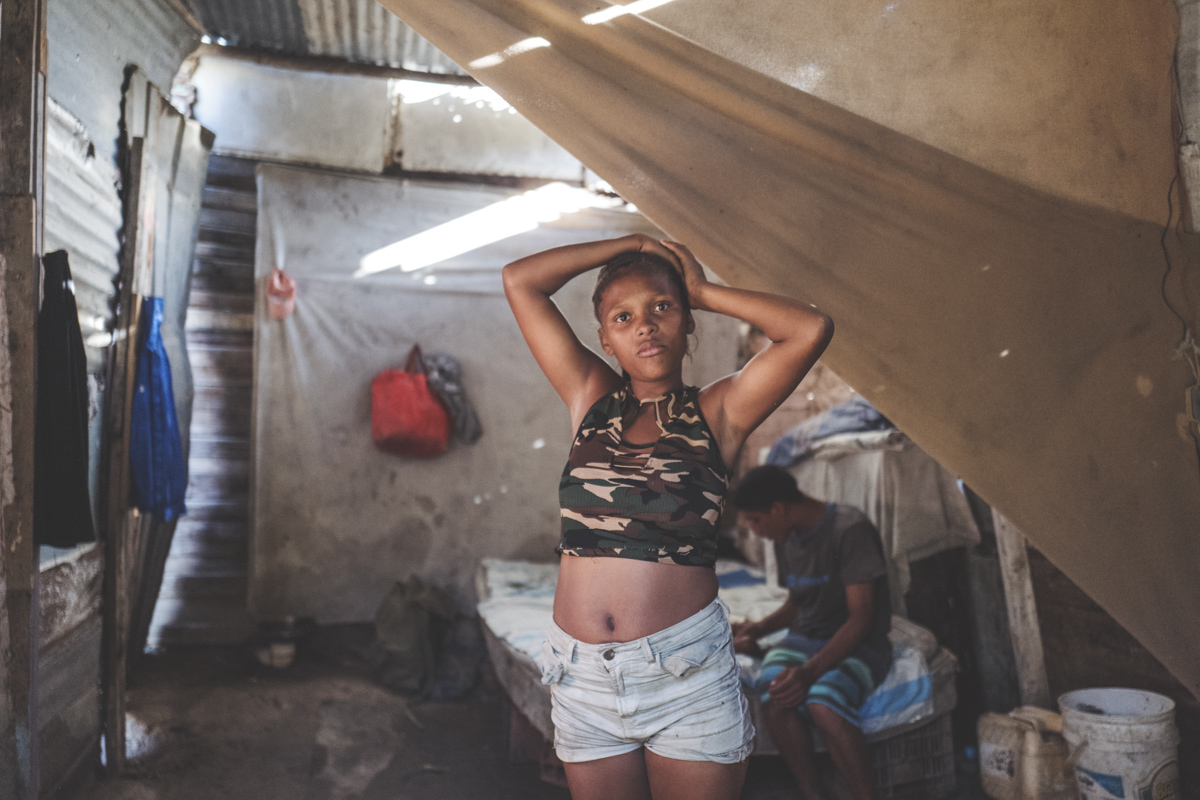
Gosen began to research these young women and others like them. She describes what she discovered as a crisis in young motherhood. With 96 cases per every 1,000 women aged between 15 and 19, the average rate of teenage pregnancy in Venezuela is double that of the rest of Latin America. While this is not a new issue for Gosen’s home country, it is one that remains underdiscussed and therefore unresolved.
The photographer began exploring this difficult topic, documenting Venezuela’s young mothers and their families in the initmate photo essay, Grandmothers at 30. The work was recently awarded the Marilyn Stafford FotoReportage Award, which is granted annually to a professional woman photographer whose work addresses an important social, environmental, economic or cultural issue. Gosen hopes the award grant of £2,500 will allow her to continue her work – and to focus on offering solutions to the many young women she’s met.
Of these women, there is one 21-year-old second-time mother whose story sticks in her mind. The photographer recalls the obstetric violence this young woman experienced, the hospitals she gave birth in that had neither water nor light, and the physical and emotional scars she was left with as a result. “These conversations are really hard to have with them,” Gosen acknowledges, “some of them are really, really traumatised.”
“The reason they were detained was that they were accused of robbery, and if you asked them, they would tell you that they were hungry and that they didn’t have a choice but to commit the crime” – Ana María Arévalo Gosen
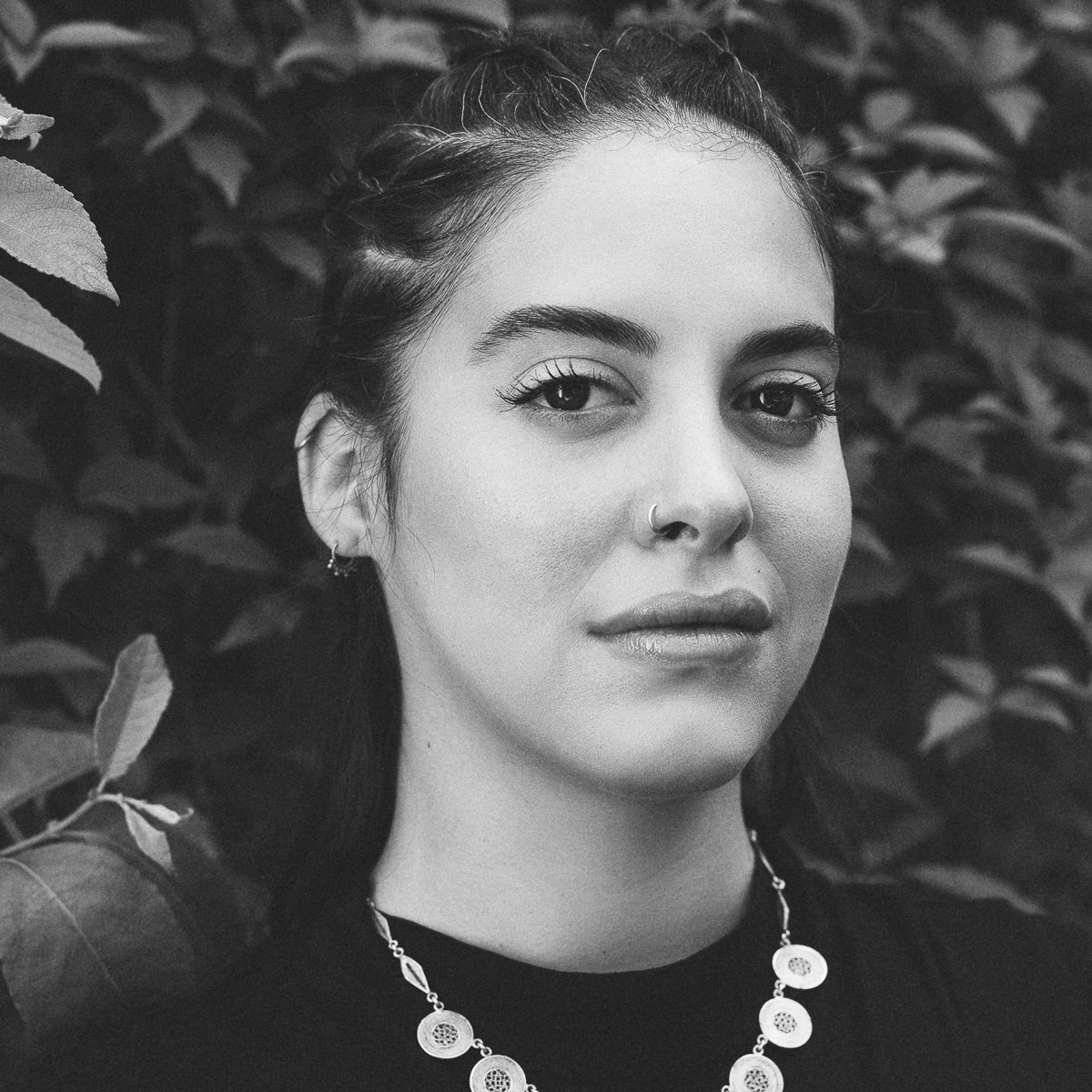
Despite this trauma, the photographer succeeded, gradually and over a period of years, in gaining the trust of Venezuela’s young mothers. Grandmothers at 30 is a testament to the strength of the relationships she built. Thematically, the project’s images are impressive in their mundanity, indicating a complete acceptance of Gosen’s presence. Visually, they offer a striking juxtaposition between the blue skies of Venezuela, and the dark, cramped homes of the country’s young mothers.
Although these images are now award-winning, the photographer has no plans to move on from Grandmothers at 30 – instead, with the help of her recent grant, she intends to campaign for change. She is planning a documentary film that will be delivered to impacted communities, wants to bring gynaecologists and obstetricians to schools and, perhaps most importantly, hopes to contribute to a change in Venezuela’s abortion laws. “I’m already 35 years old, I already got the abortion, I already got the therapy,” Gosen says passionately. “I think in my heart, that’s one of the main reasons why I’m doing this now, because I could have been one of these girls.”

